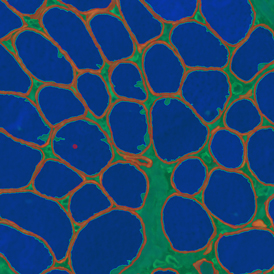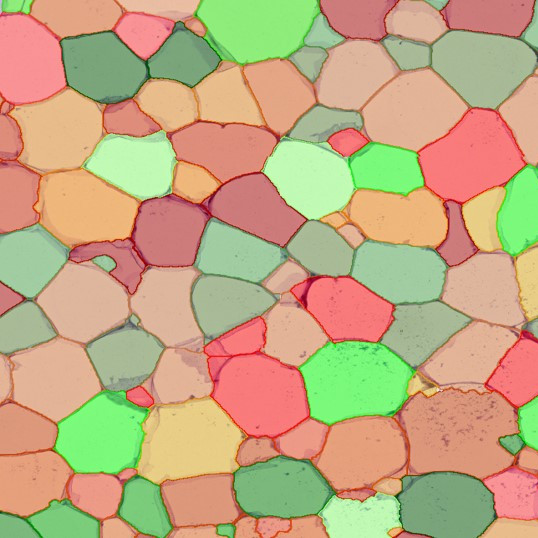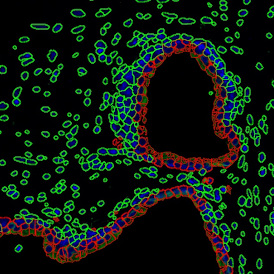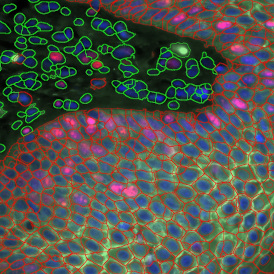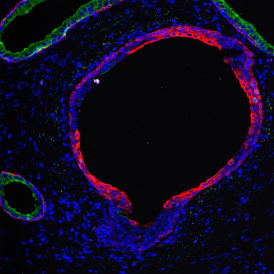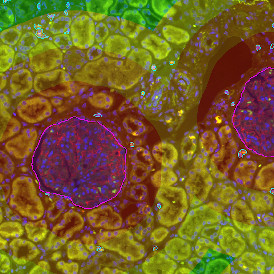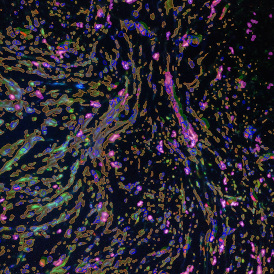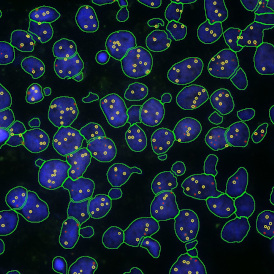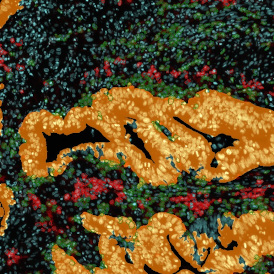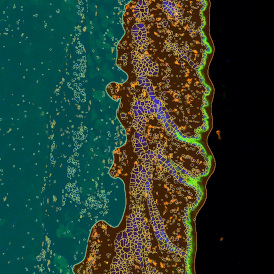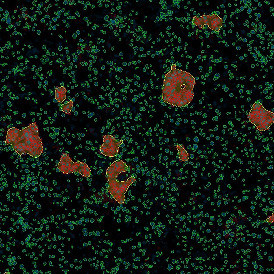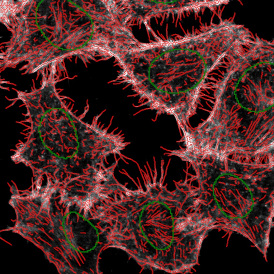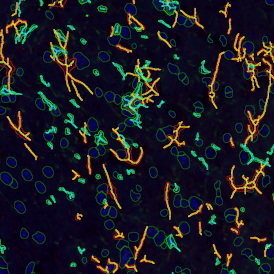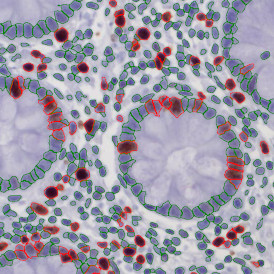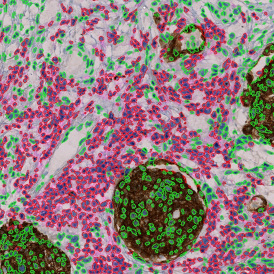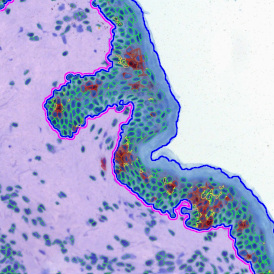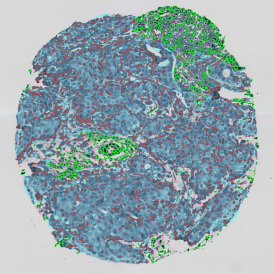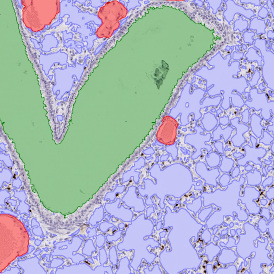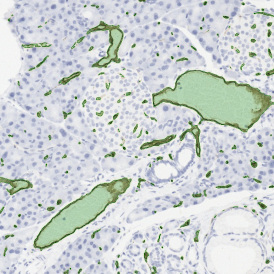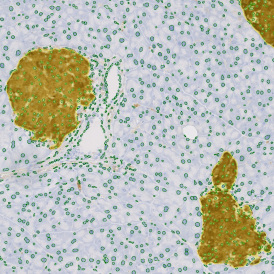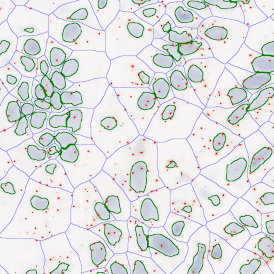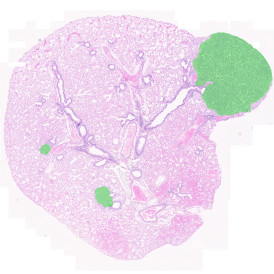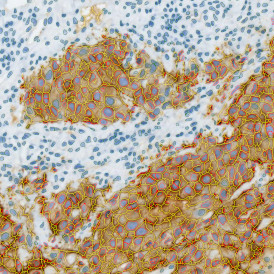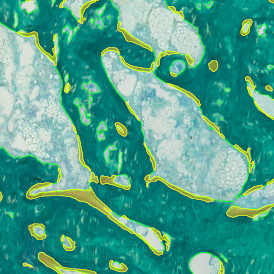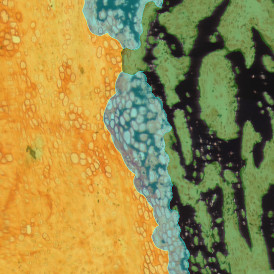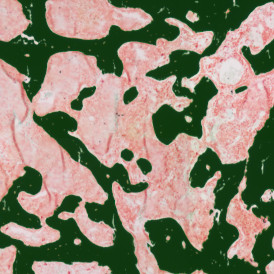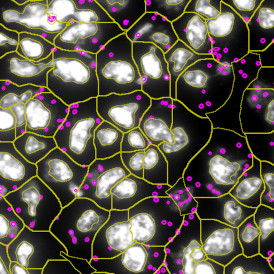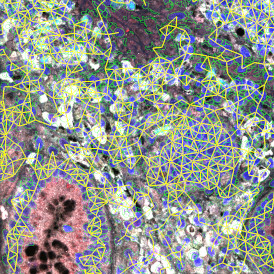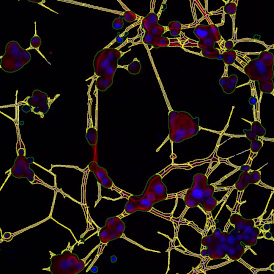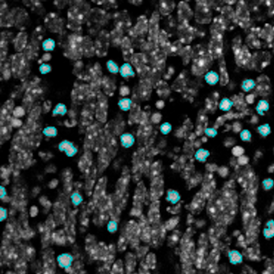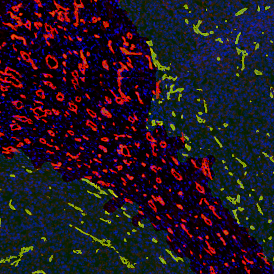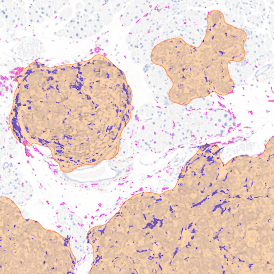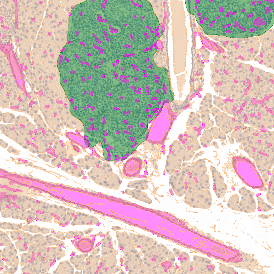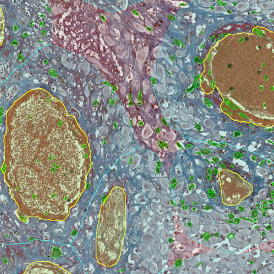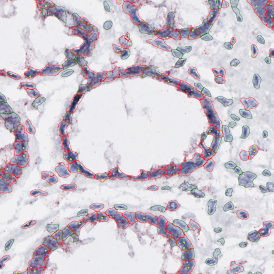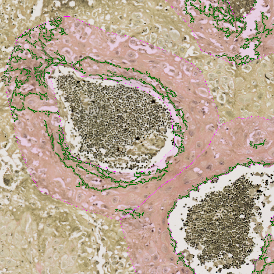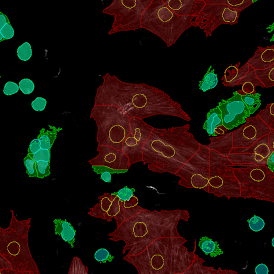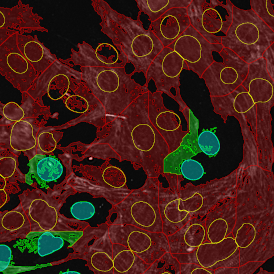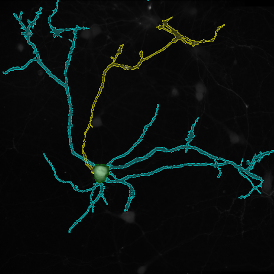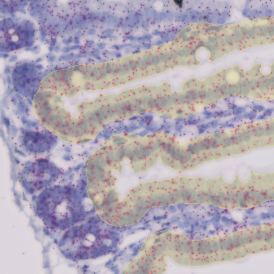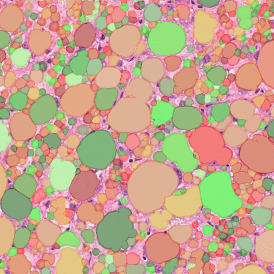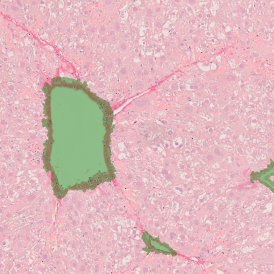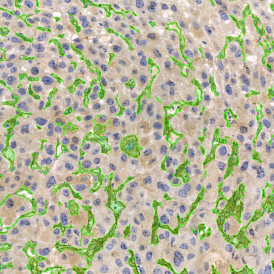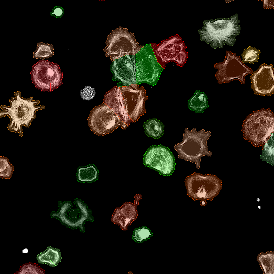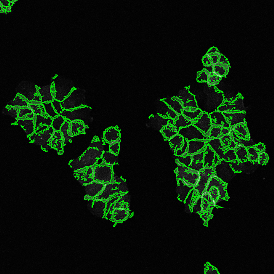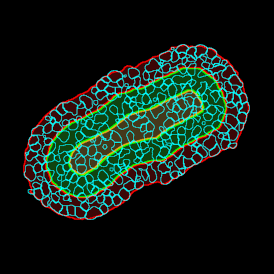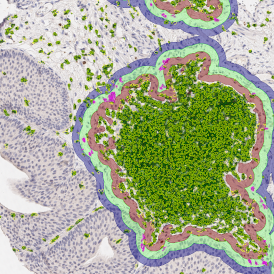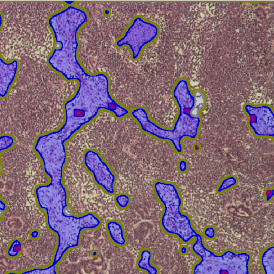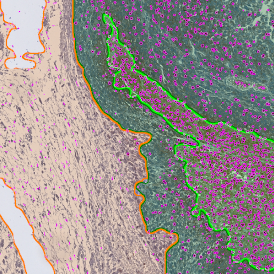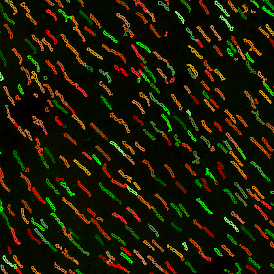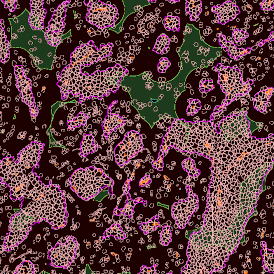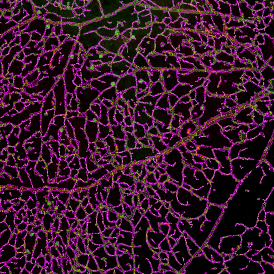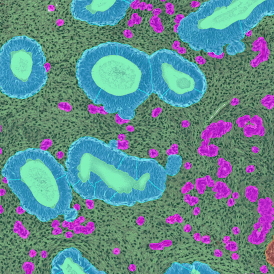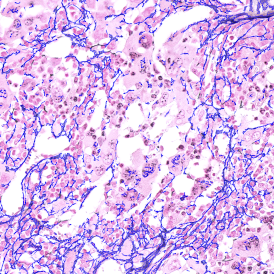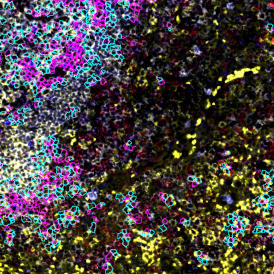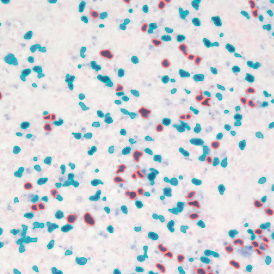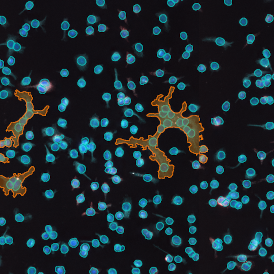08
NOV
08. November 2023
Does Precision Medicine Represent a Healthcare Revolution?
Precision medicine is a rapidly growing field in healthcare that aims to provide personalised treatment and care to patients based on their individual medical history. This approach has the potential to revolutionise the way we think about healthcare and could lead to significant improvements in patient outcomes.
It is a data-driven approach that utilises advanced technologies, such as genomic sequencing, imaging, and machine learning, to gather and analyse large amounts of patient data. This data is then used to identify specific genetic mutations or protein expression patterns that are unique to each patient, and to develop personalised treatment plans that target those mutations or expression levels.
One of the key aspects of precision medicine is the ability to analyse and understand the molecular makeup of a patient's tissue. This is where tissue cytometry comes in. Tissue cytometry is a powerful tool that allows for the precise analysis of cellular phenotypes as well as tissue morphologies within an intact tissue sample. This can include analysing the expression of specific genes or proteins, identifying specific cell types, or even measuring the activity of certain enzymes.
This in-depth analysis can lead to more effective treatments and potentially even a cure for certain diseases.
For example, in the case of cancer, precision medicine aims to identify the specific genetic mutations that are driving a patient's tumour, and then use targeted therapies to inhibit the activity of those mutations. Tissue cytometry can be used to identify the genetic mutations, responsible for the disease, present in a patient's tumour, and to track the response of the tumour to treatment. This can help doctors to determine the best course of treatment for each patient and monitor the effectiveness of that treatment over time.
Further, tissue cytometry can be used to identify specific cell types within a tissue, and to analyse the interactions between those cell types. This can provide insight into the underlying causes of certain diseases and can help to identify new targets for therapy.
TissueGnostics is a company that specialises in providing cutting-edge tissue cytometry solutions that can support precision medicine research. Our TissueFAXS system is a fully automated system that can scan slides and well plates and among other, automatically quantify marker expression per cell using TissueGnostic’s StrataQuest image analysis solution. The system is modular, upgradable and can be customised to offer capabilities such as brightfield scanning, widefield fluorescence, confocal, and multispectral imaging.
We also offer different configurations for scanning slides only or well plates and slides. The StrataQuest image analysis solution allows for the creation of complex image analysis algorithms that can for example automatically detect multicellular structures within scanned tissue sections. This provides a highly detailed contextual tissue analysis and enables researchers to explore the tumour microenvironment and/or the spatial organisation of cellular subpopulations, detect and quantify fluorescence in situ hybridisation (FISH), or analyse multiplex IF stainings.
Precision Medicine with TissueGnostics
TissueGnostics solutions can process a wide range of biological samples, including tissue sections, cultured cells, and smears. This makes our systems well-suited to precision medicine research, as they can provide detailed information about the molecular makeup of a patient's tissue. Our image analysis software TissueQuest, HistoQuest, and StrataQuest can be applied to explore the tumour microenvironment and/or the spatial organisation of cellular subpopulations, to detect and quantify fluorescence in situ hybridisation (FISH), to assess different multicellular substructures, or to analyse multiplex IF stainings.
Precision medicine is a promising field which already starts to improve the quality of life of patients around the world. In particular, tissue cytometry, which offers a bridging point between high-end microscopic imaging and AI-assisted streamlined image analysis workflow, becomes a preferential method for many researchers aiming to uncover biological mechanisms of the disease process. TissueGnotics experts are glad to assist with your needs and provide cutting-edge solutions for your research and together deliver meaningful discoveries - contact us now to know more.

